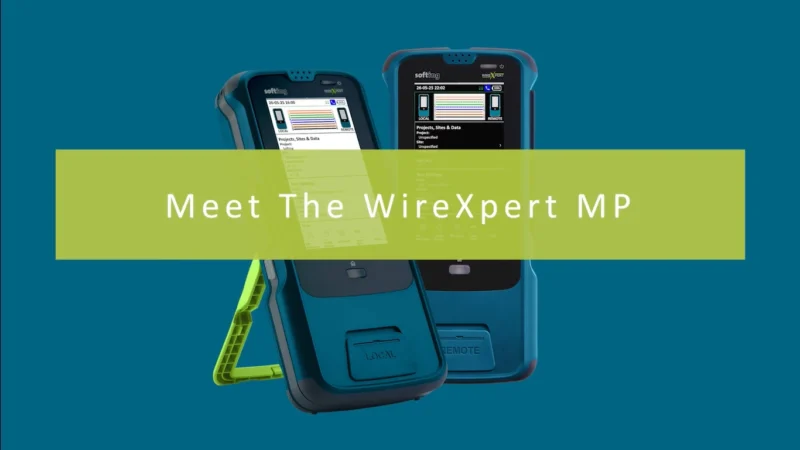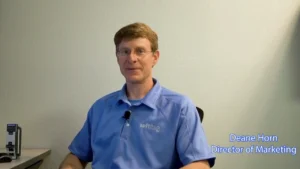UK Manufacturers Highlight the Power of Unity during Ventilator Shortage
The continuous modernization of industrial processes is dizzying and exciting. All Systems Go is a show that intends to demystify the varying technologies—from UAVs and robotics to supply chain software and virtual reality sims—and how they will advance everything from logistics to manufacturing across the globe.
The Ventilator Challenge UK, led by Dick Elsy, recently retired CEO of the High Value Manufacturing Catapult group of manufacturing research centers in the UK, was formed during what looked like the UK’s “darkest hour” during the COVID-19 pandemic.
The country had fewer than 5,000 respirators or ventilators available in hospitals, aiming to serve a population of 67 million. Predictions and forecasts were that there would be a peak need for over 30,000 before the pandemic was expected to recede by the summer of 2020.
There was, at the time, no ventilator manufacturing capability in the UK. There were small assembly plants, but they relied on supplies from overseas.
To answer this challenge, a consortium of significant UK industrial, technology and engineering businesses from across the aerospace, automotive, medical, IT and even financial services sectors came together to produce the medical ventilators needed in record time — just under 13 weeks from initial commission to delivery of completed units.
The companies involved in Ventilator Challenge UK included leading names from the worlds of aerospace (Airbus, BAE Systems) and all seven UK-based teams in Formula 1 Grand Prix motor racing.
Dick Elsy highlighted the involvement of McLaren, which is based in Woking, Surrey, in particular, which is not far from the aerospace cluster around Farnborough, home of the biennial aerospace exhibition.
Dell Technologies, Ford, GKN Aerospace, Arrow, Accenture, DHL, Microsoft, Renishaw, Rolls-Royce PLC, Siemens, Thales, Unilever, Smiths Industries, Dassault Systems and others all lent their expertise to the project.
Companies in the Ventilator Challenge UK consortium received formal orders from the UK Government for in excess of 15,000 units in March 2020, which was enough to stimulate the necessary commitment of resources. The companies involved have taken many of their people from key company projects to do this and serve the national need.
The consortium accelerated production of two agreed designs based on existing technologies, which can be assembled from materials and parts in current production.
The two key designs were Penlon 2 and ParaPac. The former is a bedside, heavy duty unit, which is used on seriously ill patients, who were intubated and treated while in an induced coma. ParaPac is a portable device, used by paramedics in ambulances and while transporting patients on gurneys from one place to another.
A complication arose when early experience found that conventional intubation and ventilating was counter-productive. The consortium had to partially redesign Penlon 2 to allow patients’ lungs to be drained. The “must do,” not just “can do,” approach of the F1 teams, married to the expertise and resources of aerospace and other advanced engineering companies, saw the project perform something of a handbrake turn. Penlon 2 was modified and redesigned to facilitate draining while keeping the patient breathing.
The project reached a conclusion when approximately 15,000 units had been produced and delivered. The worst fears of over 30,000 patients desperately struggling for breath were not realized. Of the completed units, some have been transferred to other countries, and many are now being held in reserve, ready if needed either in the UK or overseas.
Agility, responsiveness, commitment, adaptability and delivering the seemingly impossible — all in record time. Ventilator Challenge UK was a remarkable story, with lessons to be learned by manufacturing and engineering companies in every country across the world. Dick Elsy was the man on the spot and is just the person to tell it.
Check Out Previous Episodes of All Systems Go Here!
Follow us on social media for the latest updates in B2B!
Twitter – @MarketScale
Facebook – facebook.com/marketscale
LinkedIn – linkedin.com/company/marketscale








